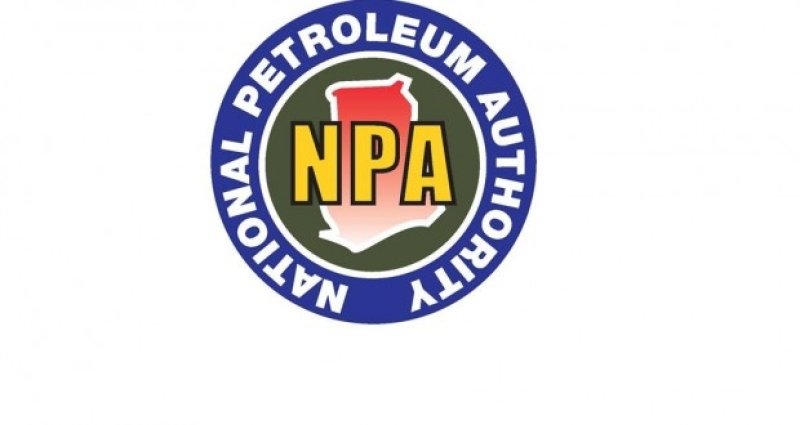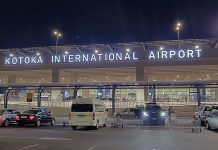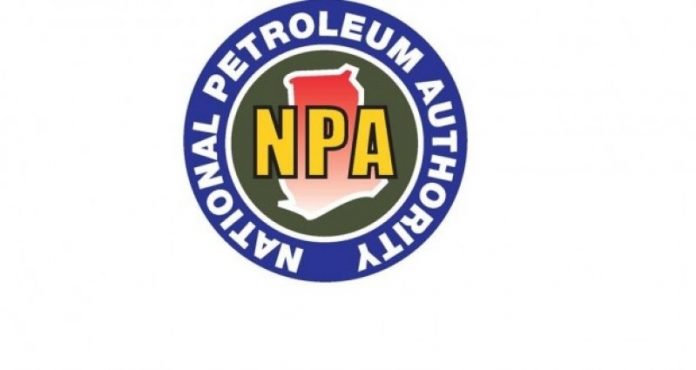
The National Petroleum Authority (NPA) has issued a stern warning to operators of fuel stations and other petroleum facilities running without the legally required licenses, stating that such outlets face immediate closure and possible decommissioning.
In a statement, the Authority reaffirmed its legal mandate under the National Petroleum Authority Act, 2005 (Act 691), as amended, to regulate all commercial activities in the downstream petroleum sector, including the storage, distribution, and sale of petroleum products. The move, it said, forms part of a broader crackdown on illicit operations and a renewed push to strengthen regulatory compliance across the industry.
Quoting Section 11 of the Act, the NPA stressed that no person or business is permitted to operate in any aspect of the petroleum downstream industry—ranging from crude oil and refined products to liquefied petroleum gas (LPG) and kerosene—without a valid license issued by the NPA Board. Activities covered under the law include importation, exportation, re-exportation, shipment, transportation, processing, refining, storage, distribution, marketing, and sale.
The Authority also reminded operators that licenses are granted only to Ghanaians or to foreign companies in registered joint ventures with Ghanaian partners that meet local content and participation requirements. Licensed entities are further required to display their permits in a visible location on their premises to ensure transparency and facilitate inspection.
“Section 12 of Act 691 as amended states that ‘A license under this Act may only be granted to (a) a Ghanaian, or (b) a foreign company in a registered joint venture relationship with a Ghanaian in accordance with the Ghanaian content and Ghanaian participation requirements. The Act also states that a license issued under this Act shall be conspicuously exhibited by the licensee in a prominent place on the business premises,’” the NPA reiterated.
Industry analysts say the enforcement drive is crucial for safeguarding consumer interests, ensuring safety at fuel retail outlets, and protecting the integrity of Ghana’s regulated petroleum supply chain. With energy demand on the rise, the NPA’s clampdown aims to prevent unsafe operations, curb revenue losses from unregulated sales, and maintain public confidence in fuel quality and pricing.
The Authority has encouraged the public to report suspicious or unlicensed fuel outlets through its official hotlines, assuring that all complaints will be investigated promptly and appropriate sanctions applied.
If strictly enforced, the policy could see several non-compliant stations shuttered in the coming months, sending a clear message that Ghana’s petroleum industry is not a space for unregulated activity.





















































![[FREE FREE MONEY] Predict and Win a Guaranteed GH¢200 From Us EVERY WEEK](https://wordpress.ghanatalksradio.com/wp-content/uploads/2022/02/Predict-and-Win-Final-09-03-2021-218x150.jpg)
![[Predict & Win – 8th/Oct.] WIN A Guaranteed ¢200 From Us This Week](https://wordpress.ghanatalksradio.com/wp-content/uploads/2021/10/maxresdefault-16-218x150.jpg)
![[Predict & Win – 2nd] WIN A Guaranteed ¢200 From Us This Week](https://wordpress.ghanatalksradio.com/wp-content/uploads/2021/09/maxresdefault-50-218x150.jpg)
![[Predict & Win – 25th] WIN A Guaranteed ¢200 From Us This Week](https://wordpress.ghanatalksradio.com/wp-content/uploads/2021/09/maxresdefault-36-218x150.jpg)
![[Predict & Win – 18th] WIN A Guaranteed ¢200 From Us This Week](https://wordpress.ghanatalksradio.com/wp-content/uploads/2021/09/maxresdefault-23-218x150.jpg)








![[National cathedral] See full list of churches that have contributed since 2018](https://wordpress.ghanatalksradio.com/wp-content/uploads/2020/09/Ghana-National-Cathedral-GhanaTalksRadio-100x70.jpg)